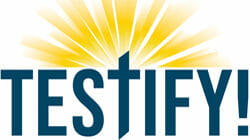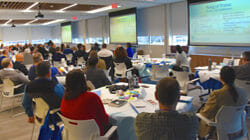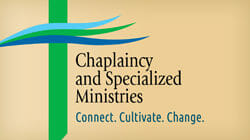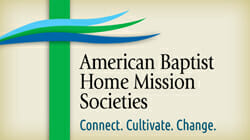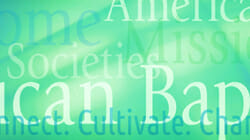A peace-making offensive
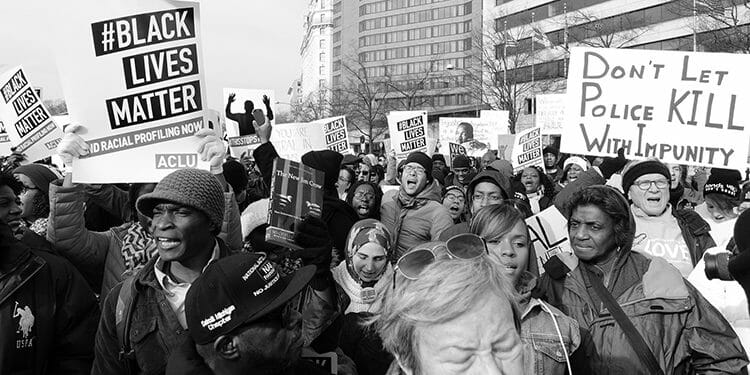
By The Rev. Dr. Jeffrey Haggray
Blessed are the peacemakers, for they will be called children of God.
— Matthew 5:9
This special edition of The Christian Citizen—“Healing Our Land”—is published amid grave troubles across our nation and world. We awaken each day in a country and in a world that is gripped by discord, despair, fear, hopelessness and insecurity. These ills are magnified by misunderstandings and fragmentation, and by manifold conflicts and controversies, leading to unspeakable acts of brutality, violence and terrorism. Tensions swell between individuals and communities, between religious and political parties, language groups, states and nations.
In 2016, we have witnessed historic unrest across the United States from New York City to Chicago, Ill.; from Falcon Heights, Minn., to Baton Rouge, La.; from Cleveland, Ohio, to Waller County and Dallas, Texas; from Orlando, Fla., to Ferguson, Mo.; from Baltimore, Md., to Milwaukee, Wis. Of course, this list is in no way comprehensive, and I won’t begin to name the international crises that we see in the news on a daily basis.
In the midst of extreme crises, we seem unable to achieve civil discourse, mutual understanding, reconciliation, justice and equality—all of which are preconditions for a peaceful world. We have reached a messy boiling point in our communities, requiring us to grapple with questions about “sustainability” as it pertains to the future of human communities. As with threats to our environment, threats to human communities are also caused by human beings.
We need a peace-making offensive, whereby we seek to live together in harmony, or else—as Dr. Martin King Jr. warned—we very well perish together as fools. We must make peace with one another if we are to survive as a human family. I believe the hour has come when the Christian community must reckon urgently with Christ’s call to us to be peacemakers. The pursuit of mutual understanding, reconciliation, justice and peace requires a special quality of moral discourse that is informed by faith in God, hope and unconditional love for others.
We have repeatedly looked to political leaders to shape our public discourse and public policies around peace. However, too many of those persons appear to be driven neither by a compelling vision nor a mandate to place peace-making at the top of their agendas.
As followers of Christ, we are called to love God and to love our neighbors. Our faith admonishes us to overcome the evils we encounter in our world with God’s reconciling love. Thus, we have invited various voices from within and beyond the Baptist family to reflect on the challenges we face and to offer words of hope related to healing and transforming our communities. Ultimately, peace-making has to be at the core of any authentic and effective strides toward healing. Peace-making requires belief in the sacred quality of all human life, and hope in the vision and promise of Beloved Community, all fueled by love and respect for all people—not only for those who look like us and share our politics.
To be sure, we can do no less than pray for peace and healing in our world; and we must do more than pray. We must offer ourselves, our bodies, our congregations, and all the resources that God provides us as instruments in God’s ongoing mission to reconcile humanity not only to God but also to one another.
The Rev. Dr. Jeffrey Haggray is executive director of American Baptist Home Mission Societies.
Story 1 of 16 | Next Story
— The Christian Citizen —


